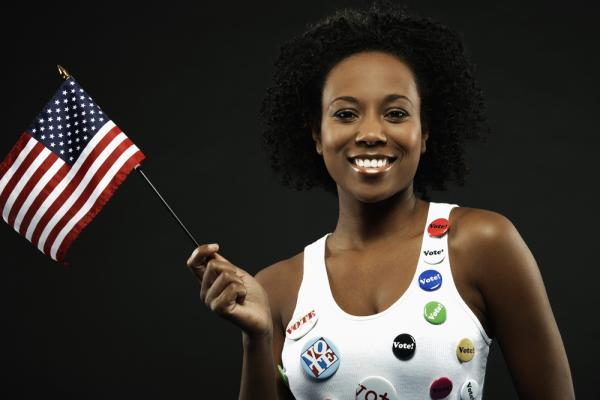Feb 10, 2016
Longtime proponents of women’s rights Gloria Steinem and Madeline Albright have experienced some resurgence in the media as of late, but not for defending women’s rights.
Instead, they’ve made headlines for what many are calling anti-feminist views.
Read the Full Article

Already a subscriber? Login
